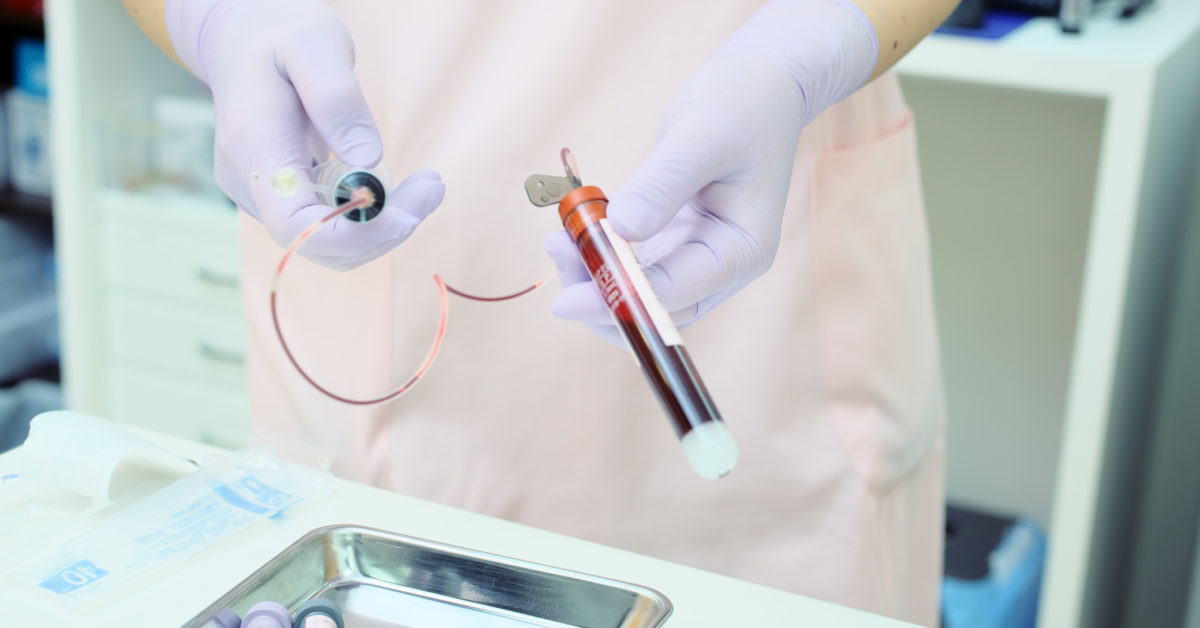Researchers say that a decades-old approach could help fight SARS-CoV-2 infections. It involves collecting antibodies from the blood of people who have recovered from COVID-19.

For live updates on the latest developments regarding the novel coronavirus and COVID-19, click here.
The technique is called “passive antibody therapy.” It was used as early as the 1930s, and its premise is simple.
Medical practitioners collect blood from a person who has recovered from an infection and process it to separate the serum — the part of the blood that contains antibodies.
These are molecules that “learn” to fight specific pathogens — such as viruses — once they have been confronted with them.
Ultimately, the purpose is to inject a person with a current infection — or who is more susceptible to a SARS-CoV-2 infection — with the antibodies from someone who has just surpassed a similar infection, in order to help their immune system fight or prevent the disease.
In a new study paper featured in The Journal of Clinical Investigation, researchers from Johns Hopkins School of Public Health, in Baltimore, MD, and from the Albert Einstein College of Medicine, in New York, NY, argue that this technique could successfully be used to treat COVID-19.
“Deployment of this option requires no research or development,” says co-author Dr. Arturo Casadevall, an immunologist.
“It could be deployed within a couple of weeks, since it relies on standard blood-banking practices,” he suggests.
In their paper, Dr. Casadevall and Dr. Liise-anne Pirofski argue that passive antibody therapy could help prevent SARS-CoV-2 infections in those most at risk and help treat existing infections.
The researchers explai

